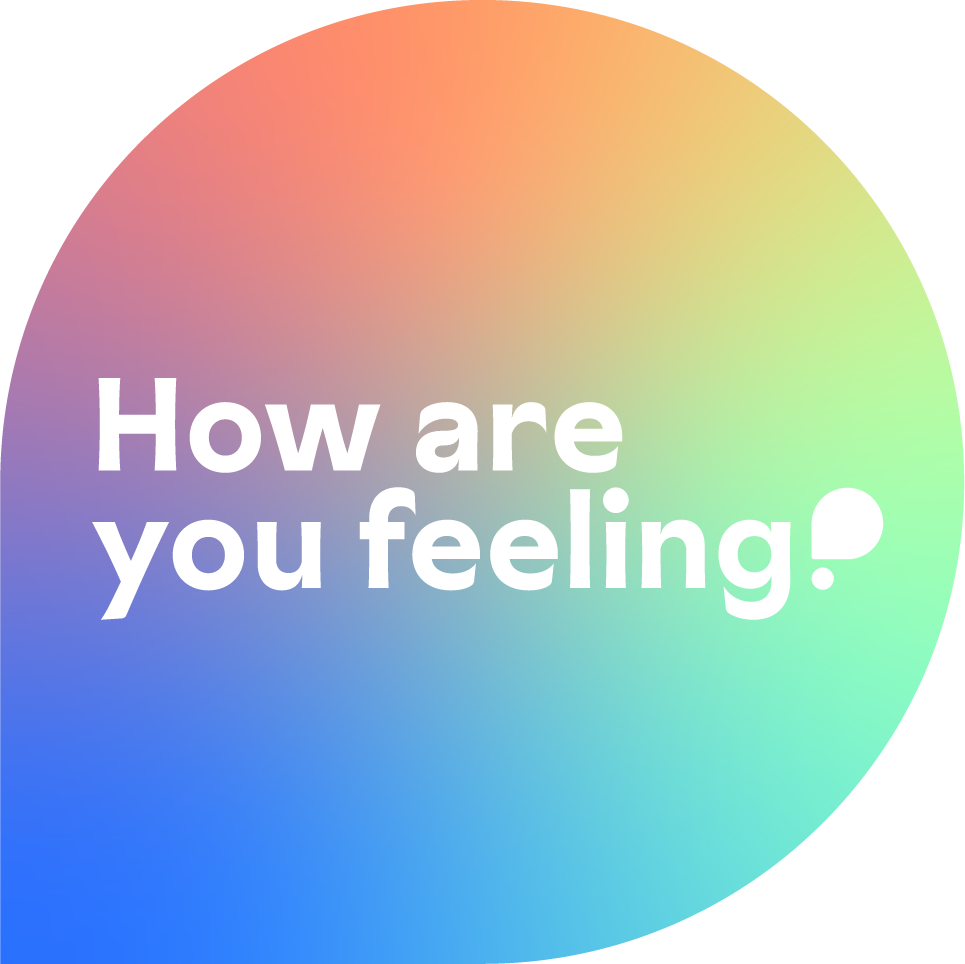The Power of Emotional Intelligence in the Classroom
As a parent, you want what's best for your child. And while there are many things to consider regarding their education, emotional intelligence may be one of the most important. Emotional intelligence (EI) is the ability to perceive, understand, and manage emotions. It's not just about feeling emotions but also about understanding them and using that knowledge to make decisions and solve problems. Research shows that emotional intelligence can majorly impact success in all areas of life, from academics and relationships to career achievement. So how can you help your child develop their emotional intelligence?
When we think of intelligence, we often think of cognitive abilities like reasoning and problem-solving. However, emotional intelligence is just as important, especially in the classroom. Emotional intelligence involves emotional awareness and self-regulation, which are essential for academic success. Students who can understand and manage their emotions are more likely to persist in the face of challenging tasks, listen to feedback, and collaborate effectively with their peers. In other words, emotional intelligence can considerably impact academic performance.
Furthermore, emotional intelligence skills are not fixed; they can be developed through practice and experience. Therefore, teachers need to create an emotionally safe environment in the classroom where students feel comfortable taking risks and expressing themselves. When students feel supported and valued, they are more likely to thrive academically and socially.
It's never too early to start learning emotional intelligence! As with any other skill, the earlier you start, the better your chances of becoming proficient. And emotional intelligence can make a big difference in your life's satisfaction and fulfillment.
Self-awareness is at the heart of emotional intelligence. It involves recognizing and understanding your emotions and how they impact your thoughts and behaviours. This self-knowledge then allows you to manage your emotions more effectively. Emotionally intelligent people are better able to control their impulses, stay calm under pressure, and think before they act. As a result, they're better equipped to handle life's challenges and setbacks. They're also more likely to maintain satisfying and fulfilling relationships.
So if you want to increase your chances of living a fulfilled life, start working on your emotional intelligence! It's never too early to start reaping the benefits.
I didn't learn about emotional intelligence until I was in my 40s, but it's something that I wish I had known about sooner. Emotional intelligence is all about understanding your emotions and the emotions of others. It's understanding the root cause of happiness and how to achieve it. It's also about understanding how to manage stress and how to communicate effectively. If I had learned about emotional intelligence in my teens, I would have been so much further ahead. I would have been able to manage my emotions better, communicate more effectively, and understand the root cause of happiness. I'm not saying that emotional intelligence is the only thing that matters, but it's something that would have helped put me on a different path.
At How Are You Feeling? we believe that helping kids understand their emotions before they start having "big feelings" is the essence of a fulfilling and happy life. The ideal time to educate our kids on emotional awareness is in their informative years and not while they're in crisis. Kids can be triggered by events like parents divorcing, the death of a pet or loved one, moving schools or homes, a sports injury, failing an exam, or the breakup of a relationship. If left unresolved, these events can all have a lifelong impact on their lives if they don't understand the importance of processing or grieving the loss and dealing with the accompanying emotions when the event occurs.


